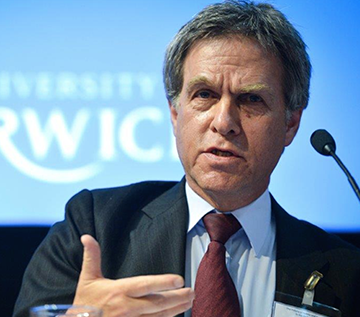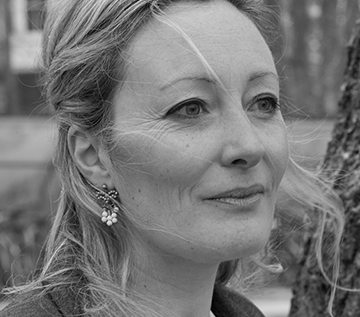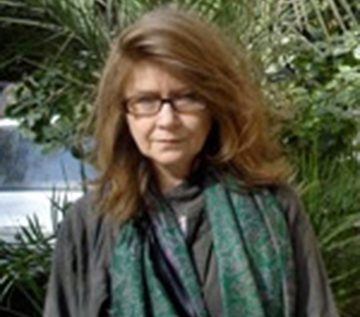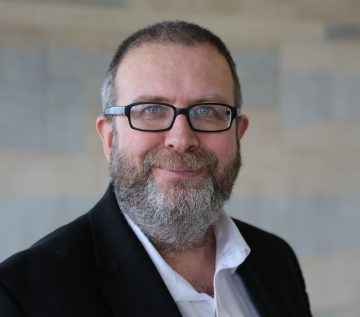Professor Robert Gleave
University of Exeter
Islamic Reformulations: Belief, Governance and Violence
Nine leading academics were appointed as Global Uncertainties Leadership Fellows under PaCCS in 2013. They provided leadership for the Partnership undertaking high quality research and knowledge exchange projects across themes of radicalisation, religion and beliefs, trust, ethics, and national security.
At the time of his appointment as a Fellow, Robert Gleave was Professor of Arabic Studies at the University of Exeter. His research interests include Hermeneutics and Scriptural Exegesis in Islam; Islamic Law, in particular works of Islamic legal theory (usul al-fiqh); Violence and its justification in Islamic thought; and Shi’ism, in particular Shi’i legal and political theory.
At the time of his appointment, Robert was Secretary-Treasurer of the International Society for Islamic Legal Studies and President of the British Institute of Persian Studies. He also held the position of Chair of the Advisory Board for the Higher Education Academy’s Islamic Studies Network.
In 2013, Robert was a Visiting Mellon Scholar at the University of Chicago. He has also been a Fellow at the Institute for Advanced Studies in Jerusalem and a Visiting Scholar at the Leiden University Centre for the Study of Islam and Society.
Project Summary
Robert’s Global Uncertainties Leadership Fellowship, which ran from September 2012 to February 2016 was entitled Islamic Reformulations: Belief, Governance and Violence and aims to explore how Muslim thought has developed in the modern period, and how these modern developments relate to the pre-modern tradition of Islamic thought.
The project focused on the interlinked themes of belief, governance and violence and included two elements:
- A network of scholars examining the role of religious belief and ideological commitment in explaining action; and
- An analysis of the current state and future trajectories of Islamic thought on belief, governance and violence.
The project aimed to extend research conducted by Robert as part of the Legitimate and Illegitimate Violence in Islamic Thought project, which explored the contested relationship between ideological adherence and action. It examined the possible developments of Muslim thinking on violence within the current context by reference to past patterns of justification. By examining recent ideological developments in the context of previous Muslim notions of violence and its legitimacy, the current intellectual landscape of the Muslim world and its potential ideological trajectories can be better understood.
Related Information
Get in touch










